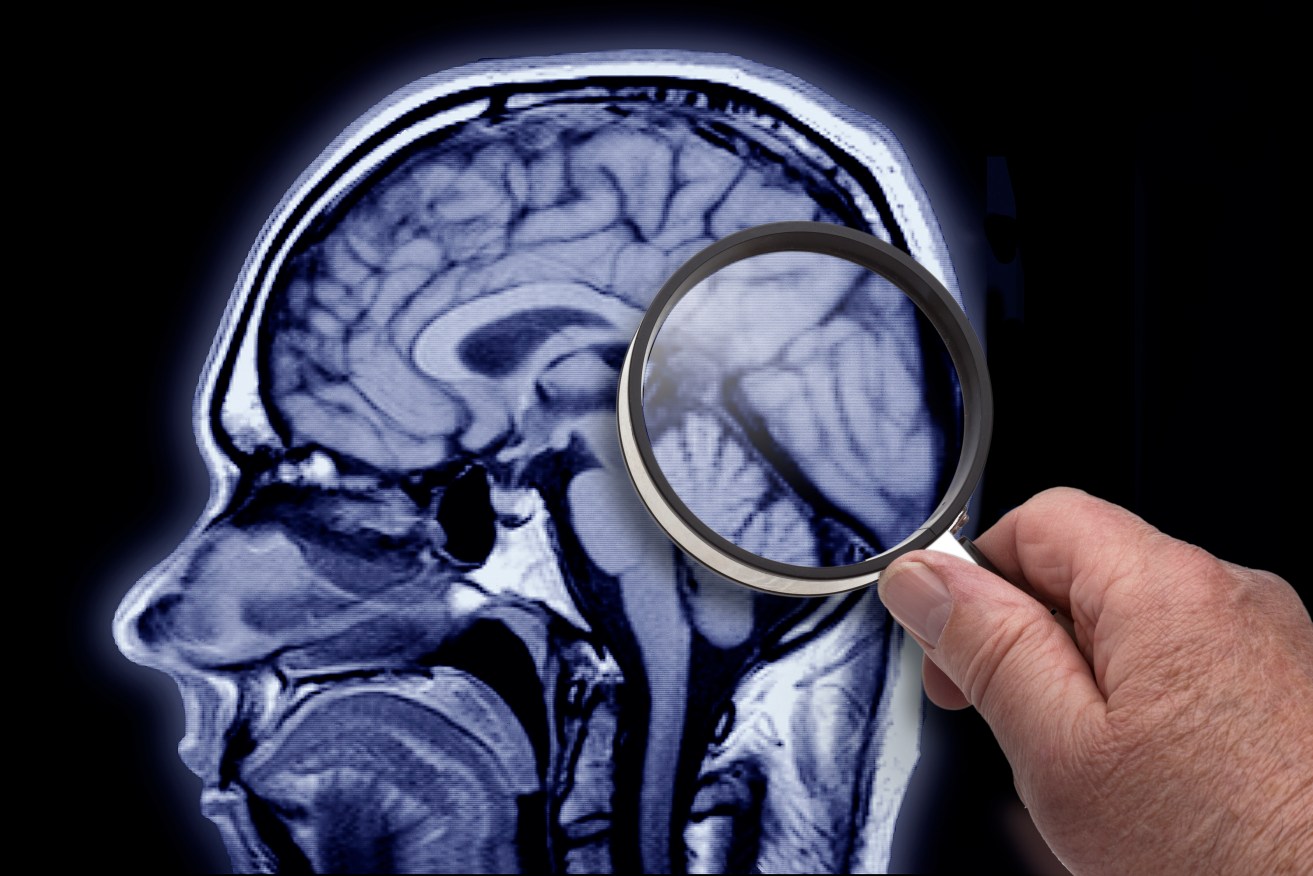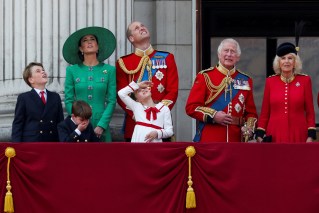Study on cause of Alzheimer’s turns established theory on its head


Does the Alzheimer's brain need to be looked at differently if we're to cure the disease? Photo: Getty
For a number of years, some scientists have been asking – have we got it all wrong about the cause of Alzheimer’s disease?
Most of the attempts to find a successful treatment is based on removing the clumps of beta-amyloid proteins that are thought to gum up the brain’s connections.
Despite the mountain of money spent on experimental drugs designed to remove those clumps – with some over-hyped and modest gains – there’s not been a lot of meaningful progress in stopping the disease.
An exciting study from St Vincent’s Hospital Sydney, published this week) has shown that the breakdown of synapses (connections between brain cells) may be the underlying cause of Alzheimer’s.
It’s thought that synapses are essential to memory formation, but this has not been proven.
The breakthrough experiments
In experiments with mice models, researchers identified how synapses break down due to faulty molecular processes.
They also found that if these processes are reset – which they achieved in their experiments – lost memory is recovered.
The researchers plan to build on their findings, develop a synapse-conserving intervention for humans, and effectively stop the progress of Alzheimer’s.
St Vincent’s Sydney’s Professor Bryce Vissel, leader of the research, said:
“Our research set out to answer the question: by rescuing these connections, can we rescue memory?
“We now have compelling evidence, in a model of Alzheimer’s, that preventing the breakdown in these synapses is possible.”
He said this in turn “rescues memory, offering a new way forward to understanding and treating the disease”.
Pretty amazing, right? Will this study be celebrated or largely ignored?
Research at the crossroads
In 2018, Pfizer ran up the white flag on Alzheimer’s research. The company had spent billions of dollars on failed drug trials. It made no sense to continue.

Professor Bryce Vissel.
Soon after, Professor Bryce Vissel, then director of neuroscience and regenerative medicine at the University of Technology Sydney, told The Sydney Morning Herald:
“It’s been 100 years of the amyloid hypothesis. The treatments that have been in development are consistently failing. There is a growing sense that maybe we need to rethink the direction of the field.”
The SMH noted that Australia’s experts believe “the evidence for what is known as the ‘amyloid cascade hypothesis’ is overwhelming”.
Some of these researchers said Vissel was “at best a fringe researcher”.
In 2013, five years before this SMH article, Vissel used a mouse model of Alzheimer’s disease to identify early and late disease mechanisms and markers. (What events happen in the brain, and in what order.)
He found that plaques occur long after memory loss, so may not be a useful early pathological marker for Alzheimer’s disease.
This was a profound finding that got little coverage in the media.
Vissel is the corresponding author of the new St Vincent’s study.
But the doubts are growing
In 2020, the ABC ran a piece: ‘As another Alzheimer’s treatment fails, experts are divided on where to next.’
In that story, Amy Brodtmann, a cognitive neurologist from the Florey Institute and Royal Melbourne Hospital, said that researchers had started looking at different possible causes.
She said the field had been “moving away from amyloid as the sole target for probably four or five years”.
There were experimental drugs “that are targeting tau, targeting inflammation in the brain, and drugs looking at protecting nerve cells from the damages of abnormal proteins”.
Vissel, in the ABC report, was described as one of Australia’s most outspoken critics of the amyloid theory.
He said the failure of yet another drug trial “raises an urgent question, again, about the approach we’ve been using, and whether fundamentally this is just telling us we need to look at the disease differently”.
A new way forward, cure and all?
Vissel is now director of the Centre for Neuroscience and Regenerative Medicine at St Vincent’s Hospital, Sydney.
He’s also corresponding author of an exciting new paper.
It finds broken connections (synapses) between brain cells might be the fundamental cause of Alzheimer’s.
According to a statement from St Vincent’s Hospital, the researchers used mouse models of Alzheimer’s to discover the following:
- They identified, for the first time, that synapses are regulated by RNA editing
- When the process of RNA editing is reduced, or goes awry, synapses breakdown and are lost
- However, RNA editing can be used as a ‘molecular switch’
- When they increased the rate of RNA editing in the mice, the brain connections stopped breaking down
- This process “restored lost memory in the mice”, suggesting it may be useful in treating humans with Alzheimer’s memory loss
- This experimental intervention worked “without having to remove any beta-amyloid from the animals’ brains”.
What the professor says
“Our study now provides compelling support for the idea that loss of nerve cell connections is critical to the disease,” said Vissel in a prepared statement.
He said that “rescuing these synapses is possible, even in the presence of amyloid”.
This in turn “rescues memory, offering a new way forward to understanding and treating dementia”.
He said that “in principle … developing drugs that prevent synapse loss offers a way forward to treating dementia”.
He said the team would now “work in earnest towards developing an effective treatment for this devastating disease”.
Researchers who worked on this study came from St Vincent’s Hospital, Sydney; the University of New South Wales; Florey Institute of Neuroscience and Mental Health; the University of Melbourne; Western Sydney University; Charles Sturt University; University of Otago, New Zealand; University of Tasmania; University of Waterloo, Canada; University of Sydney; University of Auckland, New Zealand, and the Australian National University.








